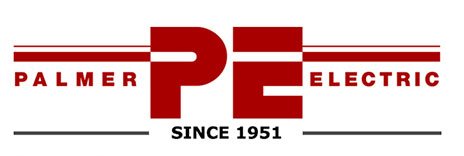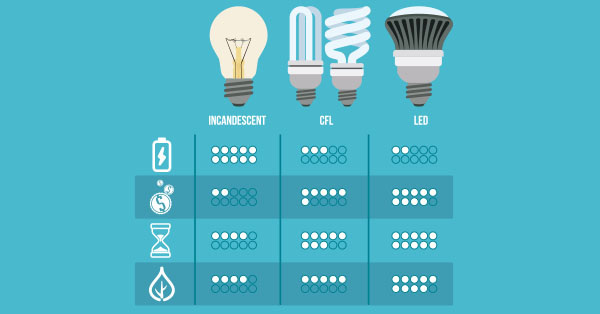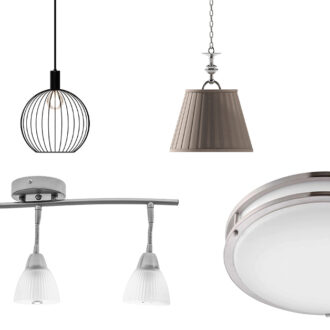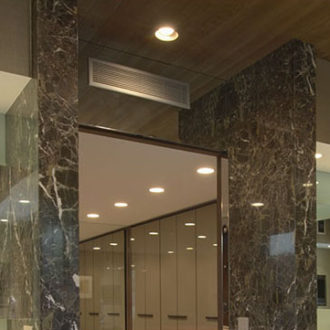Lighting Installation Companies
Lighting is one of the biggest factors that affects our mood in an environment. Studies have shown that softer light reduces anxiety, and that brighter light reminiscent of sunlight increases “happy hormones” like serotonin. We’ve created this guide to different kinds of lightbulbs and lighting to help you tailor your indoor environment based on the ambience you would like to create.
What are the differences between different kinds of lightbulbs in terms of environment and energy use? What is a lighting temperature scale? Read on to find out.
Incandescent Lighting
Incandescent lightbulbs are the original lightbulb. They can produce anywhere from a bright white to a soft yellow glow, but they are also the least energy efficient. Incandescent lightbulbs are a good option to create a traditional, warm glow if you don’t mind the extra cost. Nowadays, LED lightbulbs have been created to mimic the same soft light with a lower energy cost.
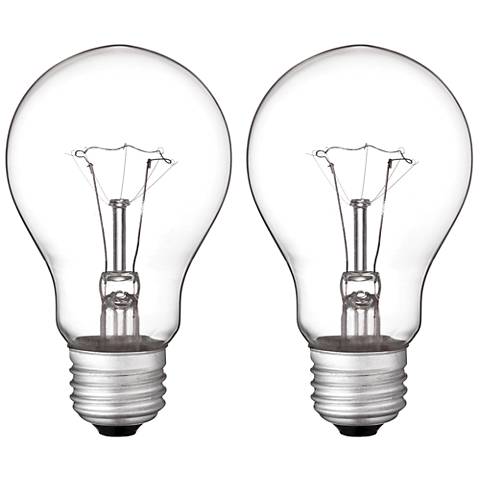
LED Lighting
LED is now the standard for residential lighting installations, as well as many office buildings. While saving energy, LED’s can produce a similar glow as incandescent lightbulbs, with either a bright white light or a softer yellow light depending on the bulb. LED lights use 75% less energy than incandescent lightbulbs and last 25 times longer.
LED’s emit light in a specific direction and produce very little heat. Incandescent lightbulbs, on the other hand, emit 80% of their energy as heat. LED stands for lighting-emitting diode.
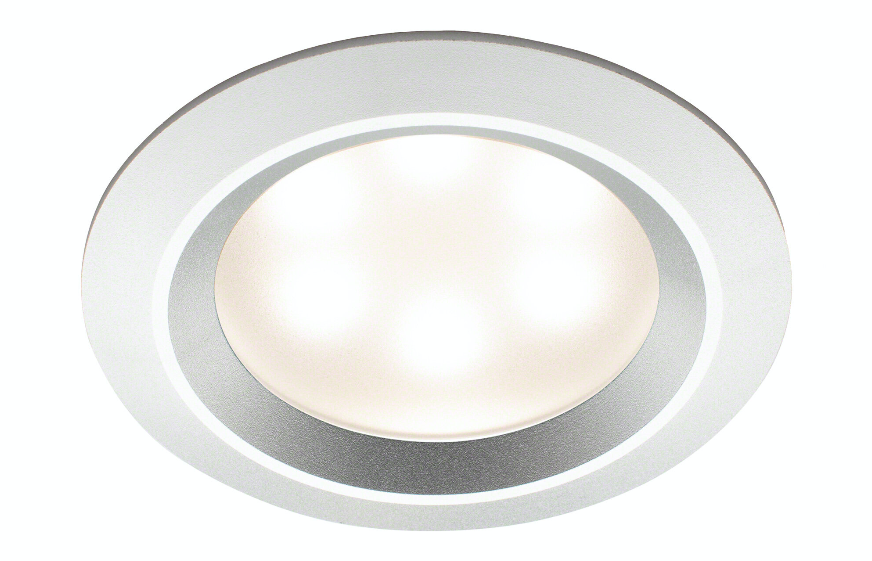
Fluorescent Lighting
Fluorescent lighting is the standard for commercial lighting because it extremely energy efficient and effective for lighting large areas with low cost installation and maintenance.
However, fluorescent lighting has been shown in some cases to increase stress among students and employees, causing many commercial and institutional buildings to transition to other types of lighting.
CFL Lighting
CFLs are compact fluorescent lamps designed for residential use in the same standard sizes as incandescent lightbulbs. Like LEDs, they use 75% less energy than incandescent lightbulbs and last 6 to 7 times as longs. They are good for areas where a light will be left on continuously, and for hard to reach areas because they do not need to be changed as often.
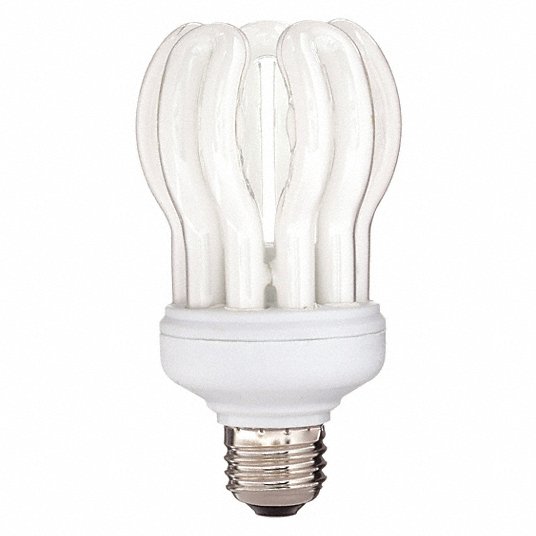
Lighting Temperatures Scale
A lighting temperature scale refers both to the energy emitted by the lightbulb measured in Kelvins. This tells you how much energy your lightbulb will use, based on the kind of lighting you would like. Here is a chart with examples different kinds of lightbulbs on the temperature scale.
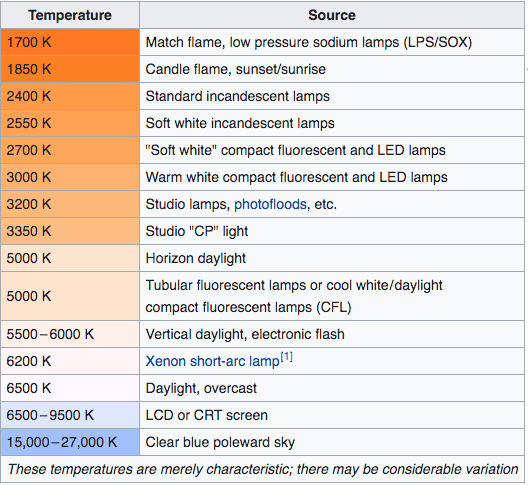
Source: Wikipedia
According to Home Advisor, the national average for lighting installation is $499. However, the cost varies widely, starting at as little as $75 for a simple installation and ranging to $2,200 for complex installations nationally.
The top lighting manufacturers globally include Acuity Brands, Cree, GE Lighting, Philips Lighting/Signify, and Osram.
Yes, you need a permit any time you will be altering the wiring of a home or building. At Palmer Electric, we are happy to assist you in making the permitting process as quick and simple as possible.
Lighting Installation Near Me
Palmer Electric can help you with stunning indoor lighting installation at an affordable cost. All of our technicians are experts in lighting installation, so you can trust the finished installation will be beautiful and safe for your home or office. With 70 years in business, we get the job done right, every time. Contact us online or call us today at (407) 646-8700.
